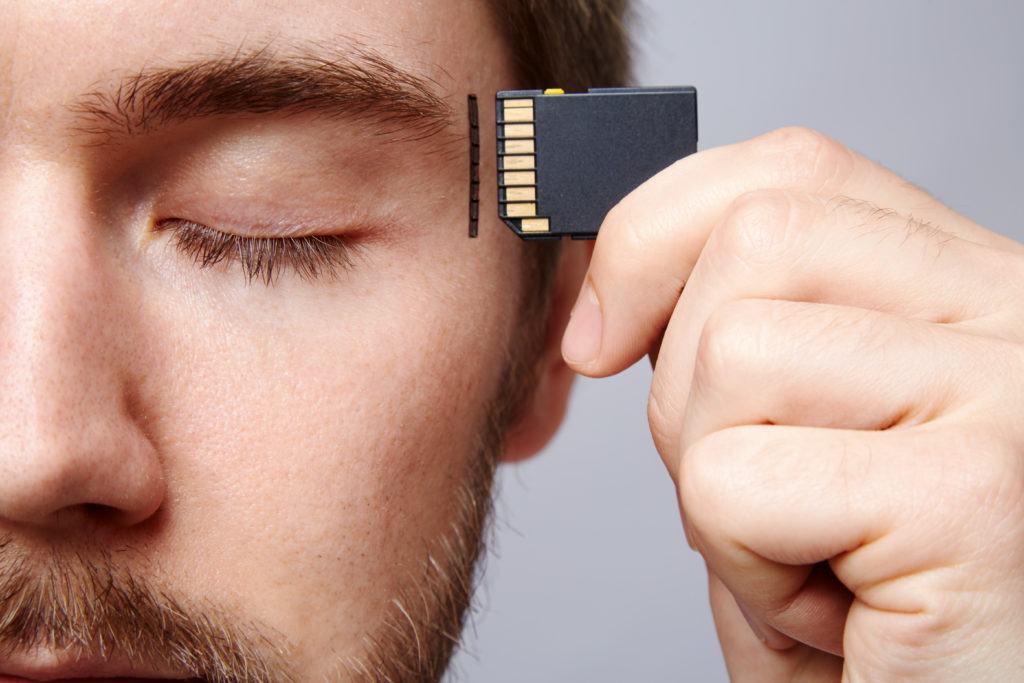Memory is an essential aspect of our daily lives, allowing us to remember important information, experiences, and people. But how exactly does memory work, and why do we sometimes forget things we want to remember? In this article, we’ll explore the fascinating science of memory and learn about the latest research on how we remember and forget.
How Memory Works Memory is a complex process that involves multiple regions of the brain working together. There are three main stages of memory: encoding, storage, and retrieval.
Encoding: This is the process of taking in and processing new information. When we encounter something new, our brains convert the information into a format that can be stored in our memory.
Storage: Once information is encoded, it is stored in our memory. Different types of information are stored in different regions of the brain. For example, short-term memory is stored in the prefrontal cortex, while long-term memory is stored in the hippocampus and other regions of the brain.
Retrieval: This is the process of accessing stored information. When we want to remember something, our brains retrieve the information from our memory and bring it back into our conscious awareness.
Why We Forget While our brains are capable of storing vast amounts of information, we don’t always remember everything we want to. There are several reasons why we forget things:
Interference: Sometimes, new information interferes with our ability to remember old information. This can happen when we learn similar information or when we are exposed to too much information at once.

Decay: If we don’t use or retrieve a memory often enough, it can decay or fade over time.
Stress: Stress can have a negative impact on our memory, making it more difficult to encode and retrieve information.
Age: As we age, our brains undergo changes that can affect our memory. For example, the hippocampus, a key region for memory, tends to shrink with age.
Improving Your Memory While memory can be influenced by various factors, there are several practical strategies you can use to improve your memory:
Pay Attention: One of the most important factors for encoding information is paying attention. When we are distracted or not fully engaged, we are less likely to remember information.
Rehearse Information: Repetition can help improve our ability to remember information. Try repeating information to yourself, writing it down, or creating mental images to help reinforce the memory.
Use Mnemonic Devices: Mnemonic devices are memory aids that help us remember information. Examples include acronyms, rhymes, and songs.
Get Enough Sleep: Sleep plays a crucial role in memory consolidation, allowing our brains to strengthen and consolidate new memories.
Exercise Regularly: Regular exercise has been shown to have a positive impact on memory and cognitive function.
Reduce Stress: Stress can have a negative impact on our memory, so finding ways to manage stress, such as meditation or deep breathing exercises, can help improve memory function.
Memory is a fascinating and complex process that plays a crucial role in our daily lives. By understanding how memory works and why we sometimes forget things, we can take practical steps to improve our memory and prevent forgetfulness. By paying attention, rehearsing information, using mnemonic devices, getting enough sleep, exercising regularly, and managing stress, we can boost our memory and enjoy a healthier, more fulfilling life.

